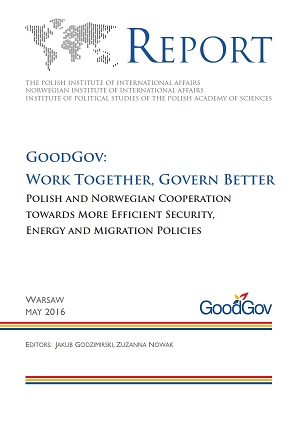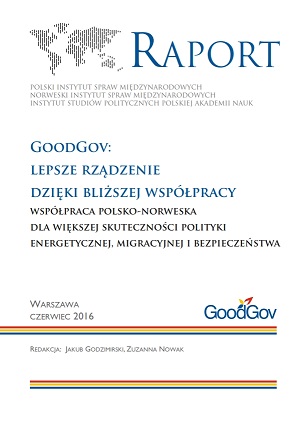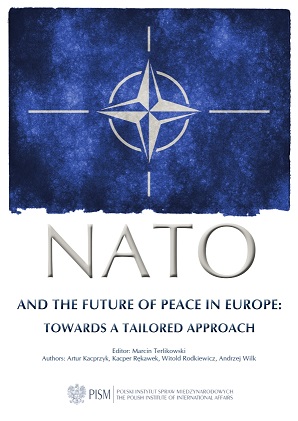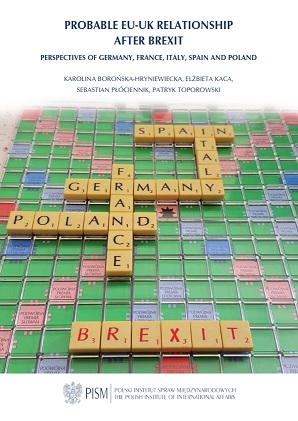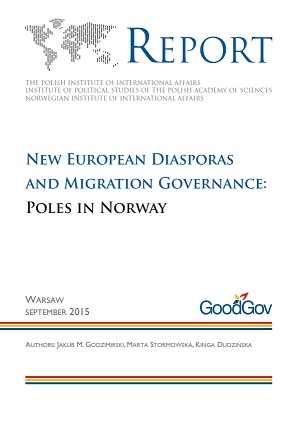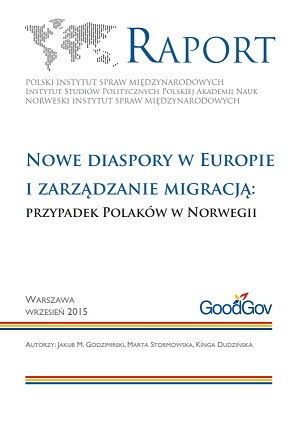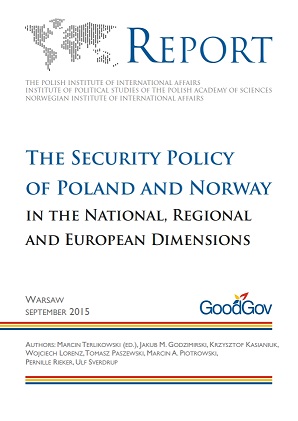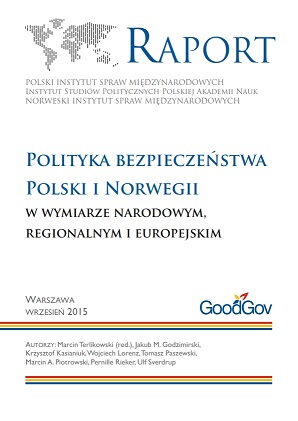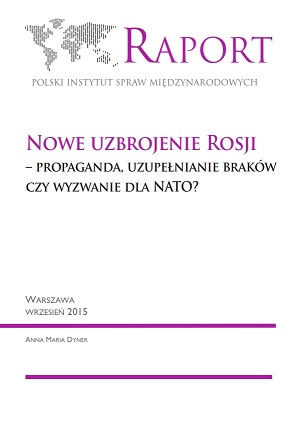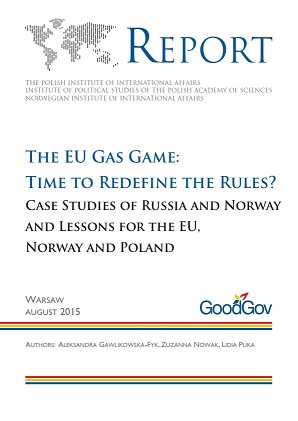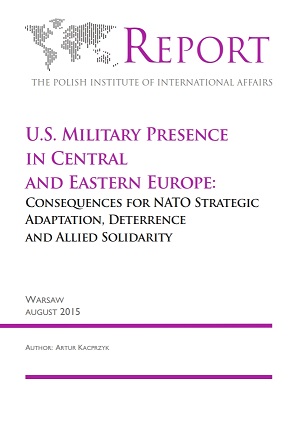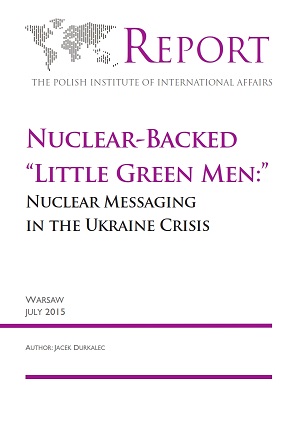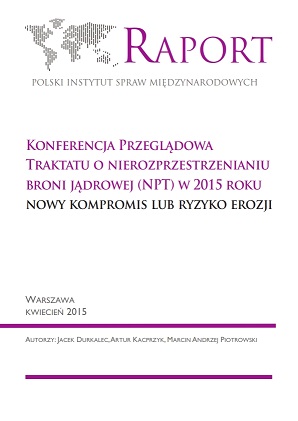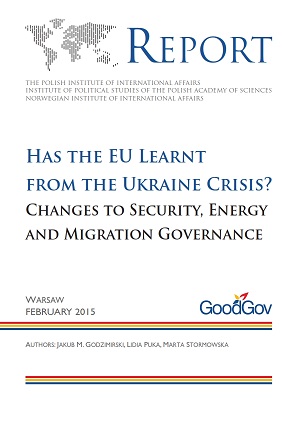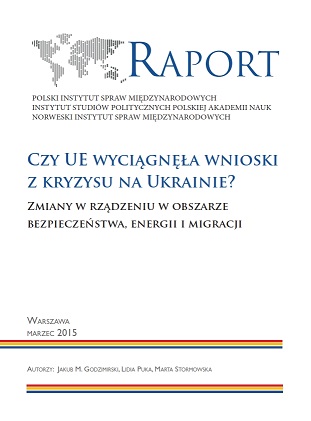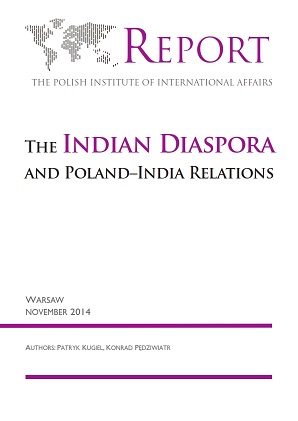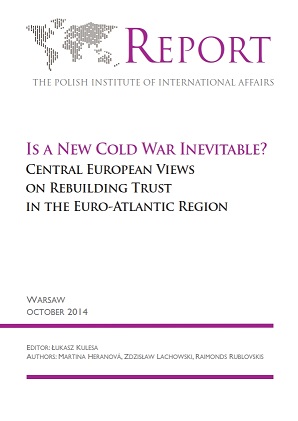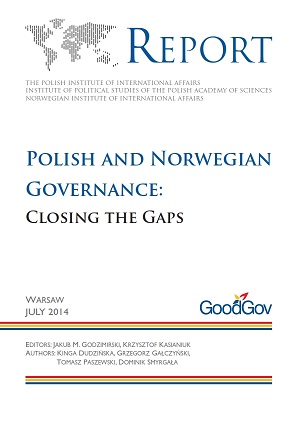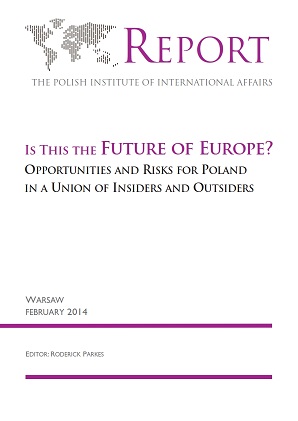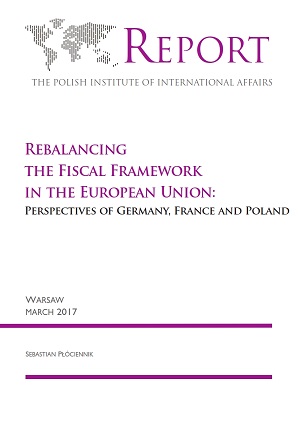
Rebalancing the Fiscal Framework in the European Union: Perspectives of Germany, France and Poland
Rebalancing the Fiscal Framework in the European Union: Perspectives of Germany, France and Poland
Keywords: European Union; Germany; Poland; France; fiscal policy; rebalancing the fiscal framework; economic crisis; economic governance; Euro zone; sustainable economic growth; euro-skepticism;
The economic crisis that began a decade ago has given impulse to economic governance reforms in the European Union. The most intense changes were in the fiscal sphere, i.e., the rules defining Member State leeway in budgetary planning, with a focus on tightening up the financial discipline and seeing to it that Member States, and especially euro area members, do not go beyond the caps imposed on the government deficit and debt. The changes were by no means uncontroversial. As claimed by proponents, they led governments to begin taking a serious approach to the stability of public finances—a foundation for healthy economic growth—and bore fruit in the form of a European economic recovery starting from 2014. No significant overhaul is needed since the applied mechanisms have just started to work. Critics, on the other hand, argue that the restrictive rules have had the effect of prolonging the economic crisis, aggravating the debt situation and sharpening social problems, thus triggering the rise of populist and anti-European movements. The criticism goes further than that. The present fiscal framework, with its emphasis on discipline, makes it more difficult to pursue a coherent countercyclical policy in the euro area. In its current form, it cannot be coordinated with the monetary policy of the European Central Bank. Many also argue that the present fiscal framework has “technical” faults, too many criteria, is complicated, hard to project, and subject to overpoliticised supervision, all of which affects the effectiveness and credibility of the whole system.
More...
